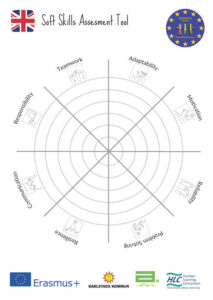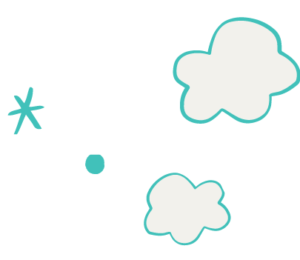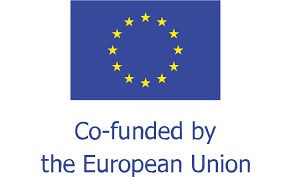The Passport
The Independent People passport is a visual and physical tool. It enables you to showcase all the soft skills that the young people have developed, their achievements and the progress they have made so far.
These soft skills are qualities, achievements and skills that are not necessarily gained by passing tests or achieving qualifications. They are skills that are developed through hands on experience and the passport is used to validate and showcase these skills. These are skills that are important for young people to be successful and effective in all areas of life such as relationships, education, and employment. The list is endless.
The soft skills within the passport are: communication, motivation, responsibility, teamwork, reliability, problem solving, resilience and adaptability.
The passport also enables young people to continually record skills and qualities and build up a portfolio of evidence that can travel with them through other projects, education and even employment
Activity Bank
Search the activity bank for learning activities that can be used to develop and evidence the soft skills contained in the passport. You can also download all the activities as a PDF document.
Self-Assessment Tool

The soft skills passport can be used together with a self-evaluation of soft-skills
This tool will be used by mentors, participants and potentially their peers to evaluate their level of ability with the core skills. The participant and the peer who is doing the evaluation with them can colour in each segment of the wheel. The more of the segment they colour in, the better they believe they are at this skill. A discussion will then be held to evaluate why they have given themselves this level.
Each skill has a brief description and a question underneath relating to that skill. This will form the basis of the evaluation and discussion.
This can be completed numerous times over the course of the participant’s journey to reflect and assess their progress.
This tool is a guide. It helps to form the basis and environment for this evaluation and should be focused on the participant self-evaluating rather than the professional evaluating and giving all of the feedback. The questions under the descriptions are only a prompt/example these can be adapted to be tailored to the individuals’ experiences.
The key objective of this tool is to encourage and motivate participants to make positive progress within these skills. the professionals will use it to show progress and set goals for the participants to encourage their progress.








